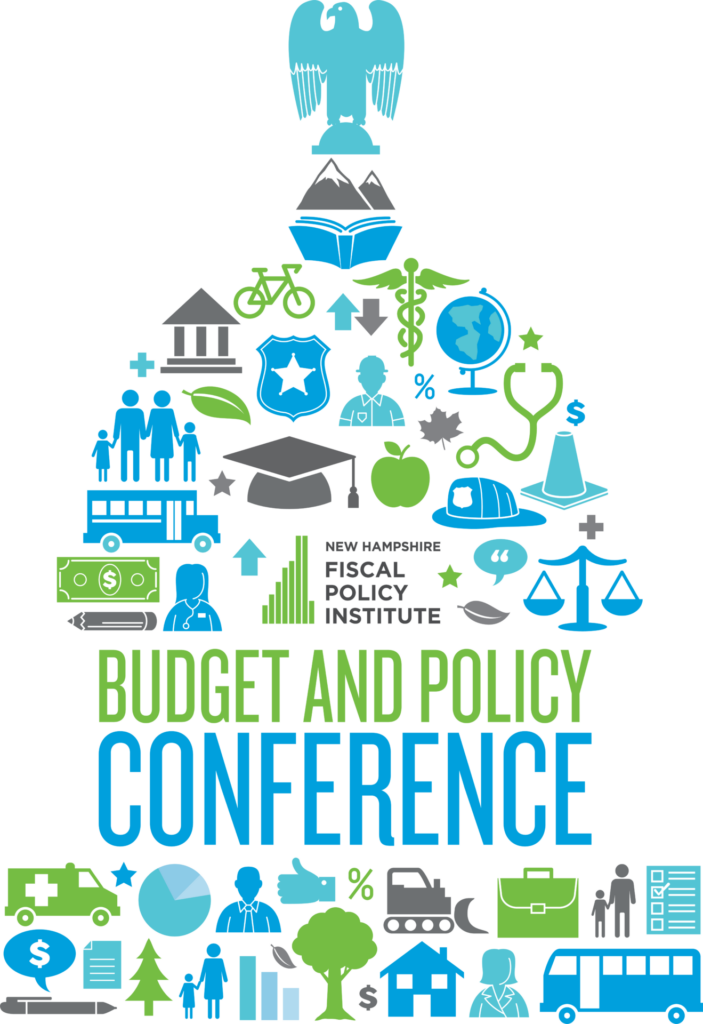First published in New Hampshire Bulletin, September 12, 2023
In New Hampshire, many families looking to enroll their children in a child care program face significant barriers, with affordability and accessibility posing substantial challenges.
Even before the pandemic, licensed child care providers in the Granite State only had the capacity to cover about 60 percent of the estimated need of children aged 6 and under. The confluence of factors related to COVID-19 and workforce constraints has either shuttered or reduced the capacity of many providers across New Hampshire, further limiting options of a service already in such short supply.
The state’s formal capacity to meet the child care needs of Granite State families fell to 50 percent by October 2020. Based on calculations using 2021 U.S. Census Bureau data and New Hampshire Department of Health and Human Services reporting, the state had a shortage of more than 8,000 child care spots. From 2021 to 2022, the number of licensed care providers fell by approximately 5 percent, from 756 licensed programs with the capacity to provide care for 45,660 children to 717 programs with a capacity of 44,515.
For families who are able to secure a spot for their children at a center, costs can be prohibitive.
Based on 2022 data, a New Hampshire family looking to enroll their infant and 4-year-old in center-based care would need to make $404,857 annually to ensure the average market rate for what they would be spending on tuition ($28,340) met the criteria of being affordable, which is categorized by the U.S. Department of Health and Human Services as no more than 7 percent of a household’s income. Data from the most recent U.S. Census Bureau’s American Community Survey estimated that in 2021 only 15 percent of New Hampshire households made more than $200,000 annually.
Recognizing the need for both affordable and accessible child care in the Granite State, the state budget, approved in June for state fiscal years 2024-2025, makes key child care investments.
Among these investments, expanded eligibility for child care scholarships means that families with two adults and one child with a household income of up to $89,180 annually are eligible to receive some form of assistance. These households would meet the eligibility criteria of having incomes at or below 85 percent of the state median income. For providers, those enrolling students receiving scholarships are reimbursed at higher rates. Furthermore, the 2024-2025 state budget appropriates $15 million toward child care workforce recruitment and retention.
A strong child care infrastructure supports greater participation in the labor force. Due to the lack of child care options, many Granite Staters, and disproportionately women, have been out of the labor force as they have filled in the gap of child care needs. According to a Bipartisan Policy Center report, every unmet need for a care slot in New Hampshire during 2021 amounted to between a $44,110 and $66,816 loss for the state economy. The cumulative impact of losses in earnings, productivity, and revenues, as estimated by the Council for a Strong America in 2023, amounts to $500 million annually.
While recent investments will help make child care more affordable and accessible to Granite Staters, additional resources will be needed to help ensure New Hampshire has the necessary child care infrastructure to support a robust and thriving workforce.
Furthermore, over the long run, investments in early childhood care and education have significant lifelong impacts, improving school performance and reducing the likelihood of poverty as an adult. For every dollar the State of New Hampshire were to invest in a hypothetical high-quality, one-year preschool program, the state could potentially see a positive economic return of $2, estimated a RAND Corporation 2017 analysis. Public policy solutions that invest in child care in New Hampshire will be key to supporting a strong workforce, economy, and future for the Granite State.
Gene Martin is the executive director at the New Hampshire Fiscal Policy Institute, a nonpartisan, independent policy nonprofit research organization based in Concord and focused on the state budget, New Hampshire’s economy, and policies affecting Granite Staters, particularly those with low and moderate incomes. Learn more at nhfpi.org.
The staff of the New Hampshire Fiscal Policy Institute contributed to this column.
Join NHFPI on Oct. 16 to be a part of the important policy dialogue on child care in New Hampshire. Register for the conference at nhfpi.org/conference by Sept. 16 for the early bird discount of $25 (regular registration is $50 per person). Scholarships covering registration fees are also available. Learn more at nhfpi.org.

